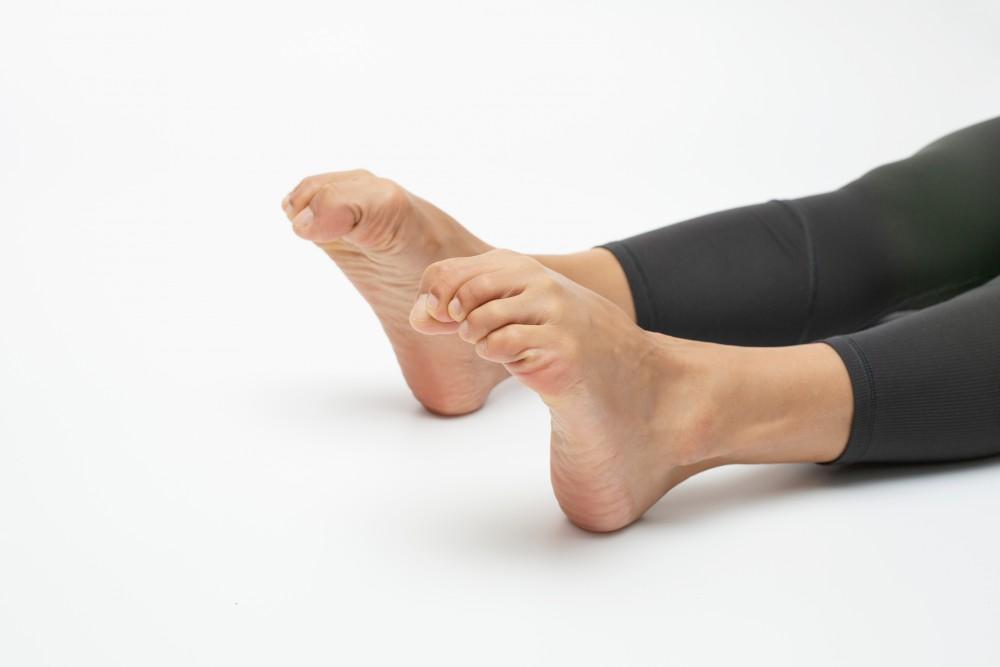
What to Expect When Returning to Sports After an ACL Injury

As if the injury to the anterior cruciate ligament (ACL) in one of your knees isn’t enough on its own, it can keep you out of the game for months. At Bahri Orthopedics & Sports Medicine Clinic, we understand your frustration at being on the bench, but we also know the importance of not pushing ACL injuries until they’re fully healed and your strength is rebuilt. And the rate of reinjury tells us that returning too early happens way too soon.
To help you gain a thorough understanding of how long your ACL injury needs to heal and what you can expect once you return to sports, we’ve gathered a list of what you need to know to protect your knee and prevent future injuries.
Explaining ACL injuries
The ACL makes up half of your cruciform ligaments, which cross through the middle of the knee joint. Most ACL injuries occur when you’re running and make a sudden stop to change directions. This movement is frequently seen in athletes, especially those who play basketball, soccer, tennis, football, and volleyball. Gymnasts also have an increased risk of ACL injuries as they’re prone to twisting their knee when landing.
You can stretch (sprain) or tear the ACL, and in many cases other knee structures are injured during the incident. Both sprain and tear injuries manifest in the same types of symptoms and can include knee pain and swelling, as well as instability in the knee. In addition, you may experience:
- Loss of motion
- Tenderness along the joint line
- Pain when walking
- Feeling like your knee will give out
When the ACL is torn, there may be a popping sensation in the knee at the time of the injury.
Preparing to return to your sport after an ACL injury
Your orthopedic doctor determines when it’s appropriate for you to return to playing sports after you injure your ACL. Depending on whether you had surgery or physical therapy, you may have to return slowly to ensure you don’t reinjure your knee. In many cases, your doctor doesn’t recommend you return until you reach your pre-injury level of performance.
Once swelling lessens and you’re regaining range of motion, your physical therapy turns to strengthening the knee, then focuses on agility, and finally adds sports-specific therapy and drills.
ACL healing time
The amount of time it takes for your ACL to heal and for you to return to your previous level of performance can be longer than you think. While 4-6 months may bring a full recovery after a moderate ACL sprain, an ACL tear can take a year or more before you reach optimal recovery.
Before allowing you to return, your orthopedic doctor should guarantee that your knee has regained its full range of motion and feels stable. The strength in the injured knee should match the strength in the uninjured leg before you’re released to play again.
Your doctor may administer tests to determine how functional your knee and ACL are. They may ask you to:
- Hop
- Jump
- Run
- Start and stop
- Change directions
- Cut
Once it’s determined that you’re ready to return, a reintegration program is developed, helping you to adapt to the speed, movement, and endurance you need to play. By focusing on reintegration, you’re less likely to suffer from a reinjury, and you can build your confidence as you work on your knee.
Once you return after an ACL injury
Once you’re back in the game, your Bahri Orthopedics & Sports Medicine Clinic doctor gives you exercises that maintain knee strength and protect your ACL. He may also recommend warm-up programs to engage in before practices and games.
Reinjury is a real risk with an ACL injury; it’s estimated that 10% of patients suffer a second ACL injury. Those who’ve injured their ACL also have an increased risk of injuring the ACL in their other knee.
As your endurance improves, you can progress to full play after beginning your return with limits on time and contact, all the while paying attention to when your knee needs rest. By following your doctor’s orders and working with your physical therapist and coach, you can fully recover from your ACL injury and get back in the game, even if it’s not as fast as you’d like it to be.
If you need information or treatment about an ACL injury or other sports medicine issue, call Bahri Orthopedics & Sports Medicine Clinic or book a consultation here on the website.
You Might Also Enjoy...


Fracture Care: Nonsurgical Options vs. Surgery

Am I a Good Candidate For Shoulder Replacement?

Staying Active With Knee Osteoarthritis: Our Top Tips

Struggling with Ankle Instability? Here's How to Avoid Future Sprains


